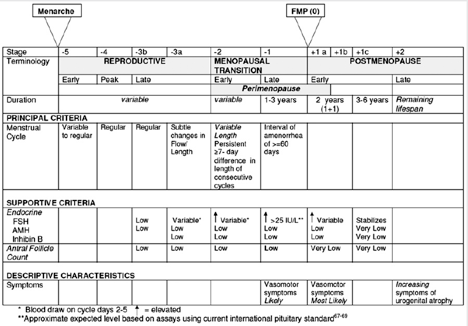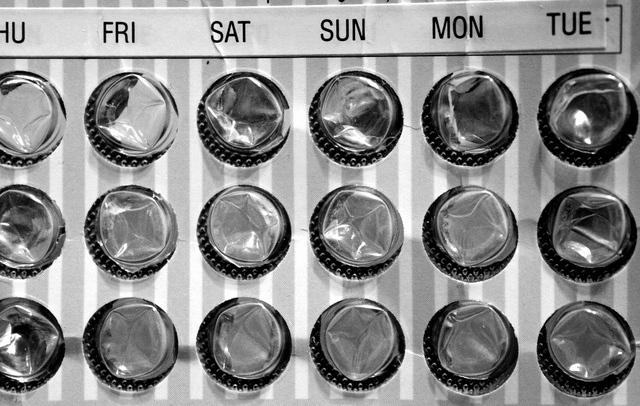
by Heather Dillaway | May 24, 2012 | Communication, Health Care, Hormones, Language, Menopause, Menstruation, New Research
An article on Medscape News on May 7th reported survey results that suggest that “fewer than one third of women with menopause symptoms are receiving treatment for those symptoms.” The article goes on to report that about half of women aged 45 to 60 report...

by Elizabeth Kissling | May 17, 2012 | Hormones, Language, Menopause, Menstruation, New Research
Guest Post by Jerilynn Prior, M.D. — Centre for Menstrual Cycle and Ovulation Research By “midlife muddle” I don’t mean the trouble concentrating or remembering names that sometimes occurs for all of us (but more frequently if we’ve wakened with night sweats and...

by Elizabeth Kissling | Apr 18, 2012 | Birth Control, Law/Legal, New Research, Pharmaceutical
Guest Post by Holly Grigg-Spall How many of us read the inserts included in a packet of pills? How many decide not to take the pills on the basis of the information enclosed? The rapidly reeled-off list of side effects stated at the end of a televised advert...
by Paula Derry | Apr 2, 2012 | Language, Menstruation, New Research, PMS
I certainly believe that scientific research is important. Research uncovers new knowledge and prunes away facts that are not accurate. However, in our society, research is also a coinage to justify views of reality. A Biblical scholar might invoke a sentence from...

by Heather Dillaway | Mar 29, 2012 | Communication, Health Care, Hormones, Internet, Language, Literature, Media, Menopause, Menstruation, New Research
As I embark on my 40th year I look ahead to menopause. I guess there is a good chance I’m approaching some foggy years. Brain fog, that is. In the past week a flurry of online news articles review new research findings on the “brain fog” that many perimenopausal women...
by Chris Hitchcock | Mar 13, 2012 | Menstruation, New Research, PMS
According to a recent study, women are best at picking out a picture with a snake during the days immediately before their period. You might think this would be a surprise, given the general idea of premenstrual compromise in women. Mind you, there isn’t much data to...






